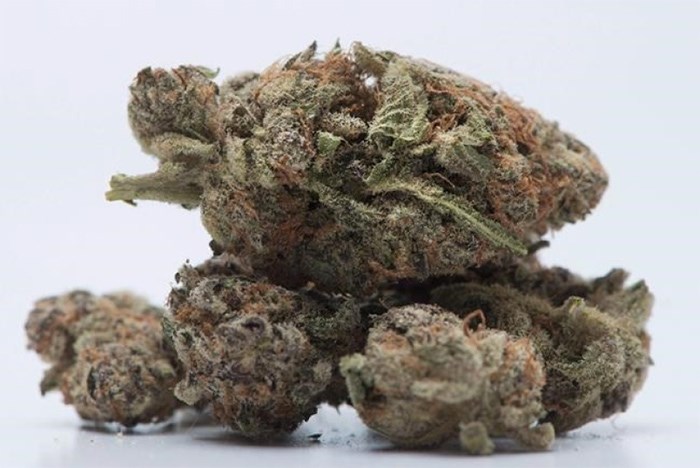 Canada should be doing more to warn people, especially youth, about the risks of marijuana use as the federal government gets ready to legalize recreational pot this summer, a University of Victoria professor says.
Canada should be doing more to warn people, especially youth, about the risks of marijuana use as the federal government gets ready to legalize recreational pot this summer, a University of Victoria professor says.
Canada should be doing more to warn people, especially youth, about the risks of marijuana use as the federal government gets ready to legalize recreational pot this summer, a University of Victoria professor says.
Bonnie Leadbeater said two new research studies show that people who use marijuana frequently in their youth face bleaker prospects in their early adult years than those who abstained from the drug or used it moderately.
The studies found that chronic users earned less money than their peers, carried more debt, attained a lower level of education and experienced higher levels of depression, anxiety, substance-use disorders and other mental health issues.
“There’s real concrete effects here,” said Leadbeater, who worked on the reports with lead author Kara Thompson of St. Francis Xavier University in Nova Scotia and UVic colleagues Gabriel Merrin and Megan Ames.
“If we’re going to produce and distribute psychotropic substances we really need to think about what’s the social responsibility toward those. What’s our obligations to prevent harm — to youth particularly?”
Leadbeater, a psychologist, said government has a responsibility to tell people about the risks of marijuana and to start having a conversations with youth.
“We have, I think, a culture of acceptance of marijuana, particularly in B.C., and we don’t really think too much about the consequences for youth, beyond they shouldn’t … smoke and drive.”
She called for more warnings in dispensaries and on packaging “for all people — not just youth.
“But I think this is a particularly salient age because this is when you’re going to school.
“This is when you’re laying down your foundations for adulthood in terms of your economic status.”
The studies examined data from an earlier Victoria Healthy Youth Survey that followed 662 people, ranging in age from 12 to 18, from 2003 to 2013. Participants were interviewed every two years and 71 per cent reported using marijuana, while 29 per cent said they abstained.
Of the users, some used the drug a few times a year and were classified as “occasional.” “Decreasers” used a few times a month in their youth and then steadily cut back, while “increasers” started in their teens and quickly ramped up their intake to more than once a week into early adulthood before tapering off. Chronic users started young — as early as 13 — and used more than once a week across all ages.
The research showed that chronic users and “increasers” experienced the poorest outcomes compared to abstainers and other groups. They were less likely to earn a university degree and were more likely to work as skilled or unskilled laborers. They earned less, racked up more credit card debt, and were more likely to put off dental care and other health treatments due to financial difficulties.
The findings add to a growing body of work about the cumulative impacts of chronic or increasing use of marijuana and “suggest that patterns of use negatively impact economic well-being in young adulthood,” the researchers said.
The studies, which were published by the Canadian Journal of Behavioral Science and Prevention Science, are among 14 research projects funded by the Canadian Institutes of Health Research to examine the impact of legalized marijuana.
lkines@timescolonist.com


